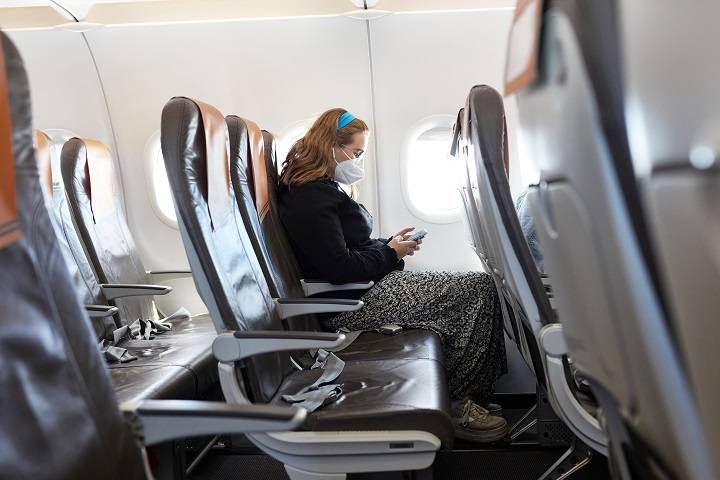Canada is a country known for its breathtaking landscapes, diverse culture, and welcoming atmosphere. However, like many nations, Canada has implemented travel restrictions to safeguard the health and safety of its residents and visitors. If you’re planning a trip to Canada, it’s essential to stay informed about the latest travel restrictions. In this comprehensive guide, we’ll explore the various restrictions and requirements you need to be aware of before traveling to the Great White North.
Current Travel Restrictions

Before embarking on your Canadian adventure, it’s crucial to understand the current travel restrictions. These restrictions may change frequently, so staying up to date is essential. As of my last knowledge update in January 2022, here are some key travel restrictions to keep in mind:
1. COVID-19 Testing
- All travelers to Canada, regardless of citizenship, must provide proof of a negative COVID-19 test result. This test should be taken within 72 hours before your departure.
- In addition to the pre-departure test, travelers will be required to take another COVID-19 test upon arrival in Canada.
2. Vaccination Requirements
- Canada has been actively promoting vaccination as a means to control the spread of COVID-19. Depending on your vaccination status, different rules apply:
- Fully Vaccinated Travelers: Fully vaccinated travelers may be exempt from certain quarantine and testing requirements. However, you must upload your vaccination records to the ArriveCAN app before entering Canada.
- Partially Vaccinated or Unvaccinated Travelers: Different rules apply to those who are partially vaccinated or unvaccinated. They may need to quarantine and take additional tests.
3. Quarantine Rules
- Travelers to Canada must have a quarantine plan, even if they are fully vaccinated. In case you test positive for COVID-19 upon arrival or if you do not meet the vaccination requirements, you will need to self-isolate.
- The duration of quarantine may vary based on your vaccination status and test results.
4. Travel Ban on Specific Countries
- Canada has imposed travel bans on specific countries or regions with high infection rates. Make sure to check the Canadian government’s official website for the latest list of restricted areas.
Travel Document Requirements
1. Passport
- Ensure your passport is valid for at least six months beyond your planned departure from Canada.
2. Visa
- Depending on your nationality, you may need a visa to enter Canada. Check the official website of the Government of Canada to see if you require a visa and how to apply for one.
3. Electronic Travel Authorization (eTA)
- If you are from a visa-exempt country, you may need to obtain an Electronic Travel Authorization (eTA) before boarding your flight to Canada. This is not required for U.S. citizens.
Health and Safety Measures
1. Follow Local Guidelines
- It’s crucial to follow local health guidelines in Canada, which may vary by province or territory. These guidelines may include mask mandates, social distancing, and capacity restrictions in public places.
2. Emergency Health Coverage
- Ensure you have adequate health insurance coverage during your stay in Canada. Although Canada has a publicly funded healthcare system, it may not cover all medical expenses for tourists.
Preparing for Your Trip
1. Plan Ahead
- Research your destination and accommodations to ensure they are open and available during your travel dates. Make reservations well in advance.
2. Packing Essentials
- Pack essential items, including face masks, hand sanitizers, and disinfectant wipes. These items are handy for maintaining personal hygiene while traveling.
- Bring weather-appropriate clothing, as Canada experiences diverse climates throughout the year.
Canada is a wonderful destination for travelers, but it’s essential to be aware of the travel restrictions and requirements in place, especially during the ongoing COVID-19 pandemic. Stay informed about the latest updates, carry the necessary documentation, and follow health guidelines to ensure a safe and enjoyable journey to the Great White North. By adhering to the rules and taking the necessary precautions, you can make the most of your Canadian adventure while keeping yourself and others safe.


